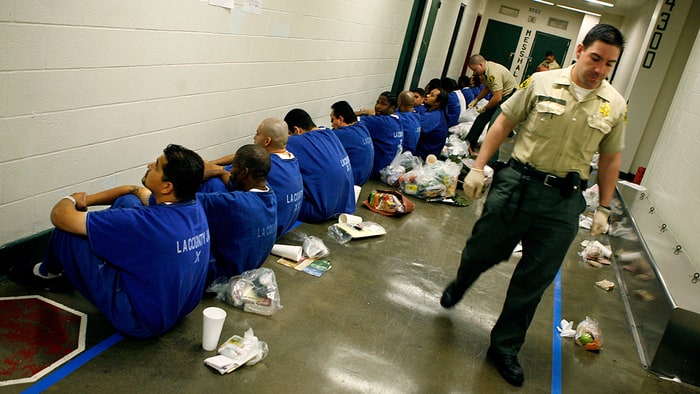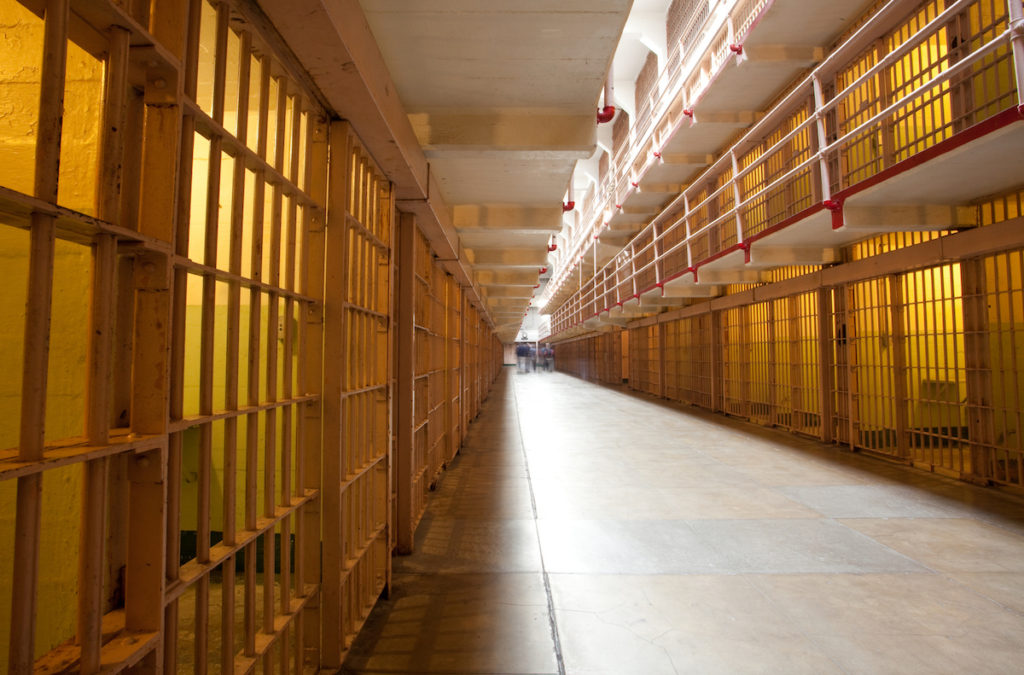Pew Charitable Trusts released a study using data on drug imprisonment, drug use, overdoses and drug arrests and found no evidence that they affected one another.“There seems to be this assumption that tougher penalties will send a stronger message and deter people from involvement with drugs,” says Director of Pew’s public safety performance project (which works to reform state-level drug policies) Adam Gelb told NBC News. “This is not borne out by the data.”Governor Chris Christie’s commission on Combatting Addiction and the Opioid Crisis held its first public meeting recently to help the federal government in tackling the issue, while Attorney General Jeff Sessions sent a memo back in May ordering the Justice Department to seek the maximum punishment for drug offenses.“Sending people to jail for drug related offenses will not have an effect on drug use nor drug-related deaths,” says Vertava Health Director of Operations Gerald Lang. “Simply because the prison system doesn’t address the reason for the person’s drug use.”The data found that Louisiana, the state with the highest incarceration rate, ranked in the middle among overdose, drug arrests and drug use. Massachusetts had the lowest incarceration rate and was toward the bottom in use, but near the top in overdoses. West Virginia had the highest overdose rate but was 21st in incarcerations. Colorado reported the highest rate of drug use but was 37th in incarcerations.“This is fresh data that should inform the important conversation happening in Washington and around the country about what the most effective strategies are for combatting the rise in opioid addiction and other substance use,” Gelb told NBC.

A bill introduced in 2015 that would have allowed some nonviolent federal inmates to seek shorter sentences was never voted on by the United States Congress. The legislation, introduced by Iowa Republican Senator Chuck Grassley, would have impacted thousands of federal inmates whose sentences could be shortened. Which brings us all to the question: What ARE we going to do?“Most people don’t get into drug use to break the law, and the prison system is designed as a punishment for those who break the law,” says Lang. “For drug users, the law breaking part of the use is just a side effect.”The United States incarcerates people at a higher rate than any other country in the world, jailing 25% of the world’s prisoners at a cost of $80 billion a year. Our prison population more than quadrupled from 500,000 in 1980 to 2.2 million in 2015, filled mostly with black men serving 10-20 years and even life without parole for their first and only drug offense.“The true reason for their use, whether it’s escaping from dealing with the effects of a traumatic event, or coping with out of control pain management, the prison system doesn’t address or attempt to resolve this issue,” says Lang. “For that drug user who is in jail and gets released, the issue is still there after they have done the time, so they go right back to dealing with that the only way they have always known how.” Evidence shows that relief efforts centered around treatment are much more effective than those centered around criminalizing addiction. The so-called “war on drugs” is a decades long failure. Our nation is in a public health crisis, not a crime spree, and it claims the lives of over 200 people a day in our country.“To lower drug use rates and drug related deaths, we as a society need to recognize that the reason for the use is not to simply break the law, and if we want to make headway in this fight we have to begin addressing the root issues that are causing people to turn to drugs to begin with,” says Lang.In one of the last acts of his Administration, President Obama granted more commutations than any President in the history of the United States. The 209 grants brought the total to 1,385 individuals.
46 states enacted some form of change to their sentencing laws last year. In Wyoming, there were 201 changes to state level criminal justice laws in the past 2 years. In 2015, state lawmakers expanded eligibility for deferred prosecution for first-time drug offenders and automatically restored voting rights for nonviolent felony offenders.If there is one thing we know for sure that was just confirmed by this study, it’s that we cannot arrest our way out of this epidemic. The only way out is through awareness, education and treatment.


